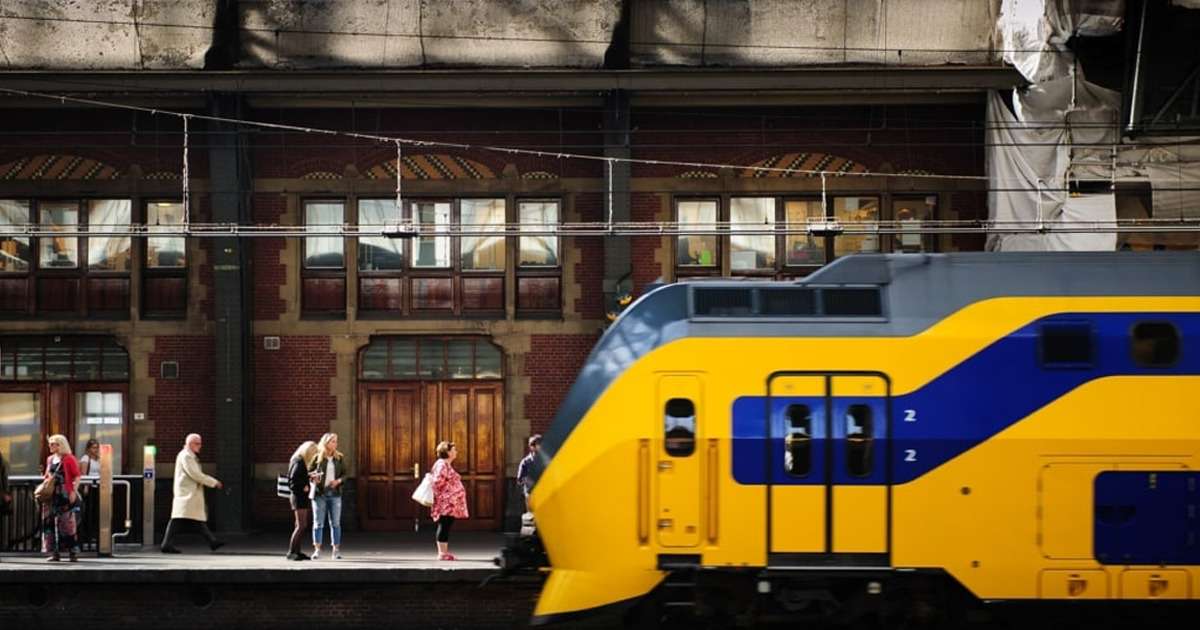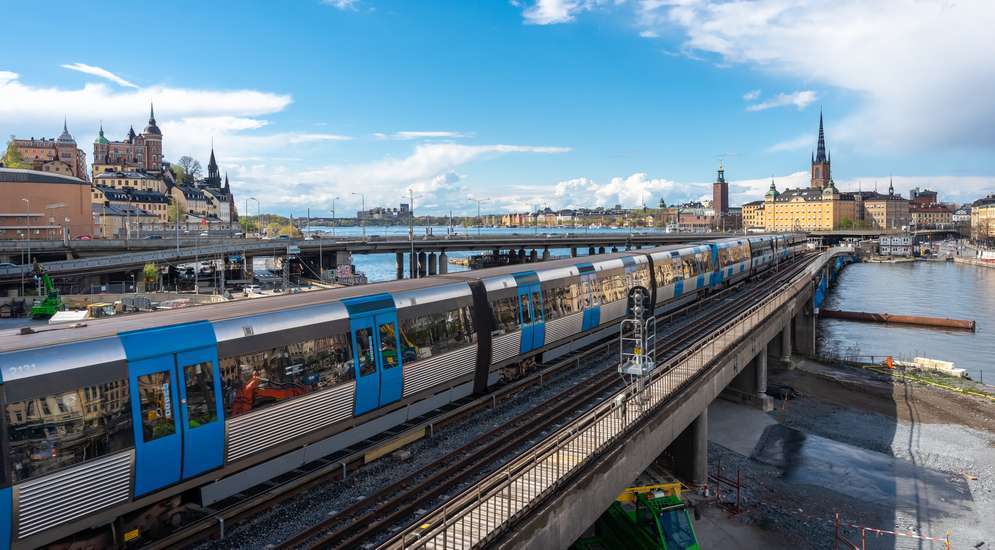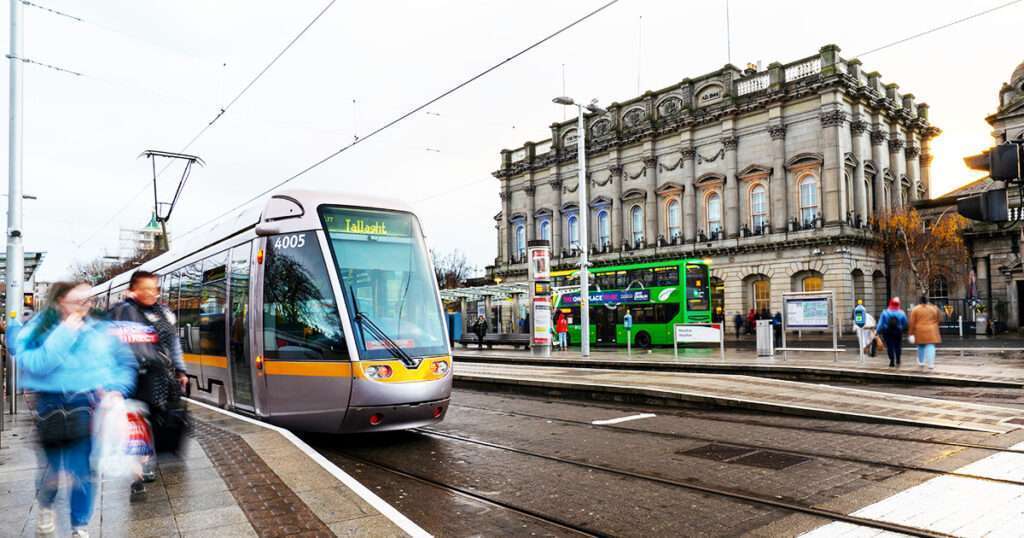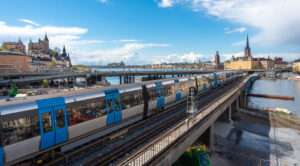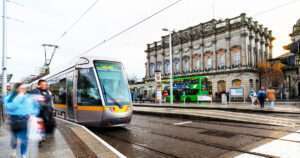Two months ago, we informed you of the will of the Minister of Transport, Clément Beaune, to launch a single ticket in France. A universal ticket valid throughout France, by 2025. An ingenious idea that seems to have made progress. Indeed, on April 12, 2023, the latter announced yesterday that he had approached the Dutch Minister of Infrastructure, Mark Harbers, to draw inspiration from his model. And not only in the field of public transport…
The “Holland Travel Ticket” as a replica
Launched in 2016, the Holland Travel Ticket is now an integral part of the Dutch transport offer. A universal ticket, at 48 euros per day, offering unlimited access to all transport. A daily access to all trains, buses, streetcars and subways throughout the country. This offer has increased by 12 euros since its launch and is not valid between 6:30 am and 9 am on weekdays. This is a time slot favored by working people, for whom the ticket costs €70. A ticketing system that has now caught on the French ministry.
The Netherlands has an elaborate unified and interoperable ticketing system that can be used for all transport services in the country.
press release of the Ministry of Ecological Transition and Territorial Cohesion
An understanding of the issues at stake has now led France to conclude a commitment with its neighboring country. Cooperation that will lead to a “sharing of expertise and feedback, for the benefit of national projects and users of transport services.
However, it is important to note that Clément Beaune has not defined the modalities of this single ticket. As announced last February, France may not adopt a single fare. The reason: requirements for “decentralized transport policies”. This is the responsibility of local authorities, unlike the medium.
“At the service of transport decarbonization”
As specified in the press release of the Ministry of Ecological Transition and Territorial Cohesion, this collaboration will materialize in three other projects. To begin with, the development of cycling, which will begin at a very young age. A promotion that will be studied by experts from both countries. A collaboration that will have as its main topics “issues related to cycling facilities and learning to cycle at school.”
In addition, the two ministers have committed themselves to setting up a Franco-Dutch working group to improve the railways. The development of passenger and freight rail traffic has become a common priority for both countries. But also, on the side of the air sector. And this, on a European scale with as main mission, the “decarbonation and regulation of the air sector. Issues that will soon be on the carpet of Franco-Dutch working groups, with the ambition to achieve together new sustainable fuel plans.
